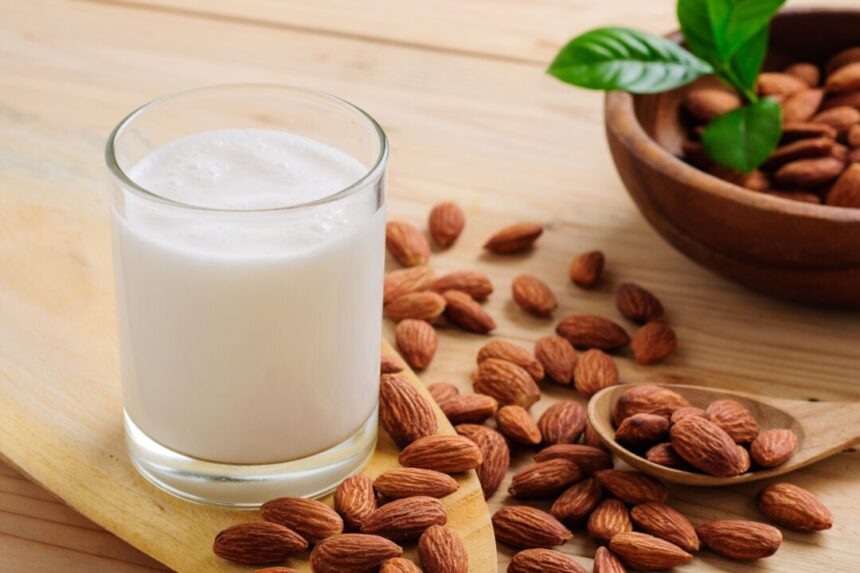An array of non-dairy milk options are available for individuals seeking healthier alternatives to cow’s milk.
Recent concerns about a virulent strain of bird flu affecting dairy cattle have prompted some people to consider moving away from cow’s milk. Despite the nutritional benefits of milk, including essential nutrients like protein, calcium, and vitamins, commercial milk production practices may involve the use of hormones, antibiotics, and other substances that are not listed on the label.
Research on the health effects of cow’s milk and dairy consumption remains inconclusive, with some studies suggesting harm while others indicate benefits. As a result, many people choose to explore non-dairy milk options for reasons such as allergies, lactose intolerance, ethical concerns, or environmental considerations.
Popular alternatives to cow’s milk include soy milk, almond milk, oat milk, and coconut milk. Each option offers unique benefits, such as soy milk’s protein content and isoflavones, almond milk’s low calorie and high antioxidant content, oat milk’s creamy texture and beta-glucans for cholesterol regulation, and coconut milk’s rich flavor and medium-chain triglycerides for various health benefits. Ultimately, the growing demand for non-dairy milk alternatives reflects the diverse preferences and health considerations of consumers. Some of the MCTs in coconut oil have antimicrobial and antifungal properties, which may help protect us from infections. Coconut milk is naturally lactose-free and generally safe for those with allergies to dairy and nuts.
Rice Milk
Rice milk is naturally sweet and suitable for those with lactose intolerance and allergies to soy or nuts. It is low in fat and cholesterol-free. According to the USDA, a one-cup serving of rice milk provides 288 milligrams (mg) of calcium, 26.8 mg of magnesium, 137 mg of phosphorus, and 65.9 mg of potassium. Commercial rice milk is often fortified with calcium, vitamins A, D, and B12, making it a good source of vitamins and minerals.
When grown in the United States, conventional rice is sprayed with pesticides, so look for organic options.
Final Thoughts
Experts suggest that the healthiest non-dairy milks are unsweetened and have minimal ingredients. Vitamin and mineral content, sugar, and other additives vary by brand, so read labels to find the right fit for your needs. Sometimes, additional ingredients in commercial non-dairy milks like vegetable oils (sunflower and canola), sugars, and others that are less recognizable (like carrageenan, xanthan gum, and lecithin) are added to create a creamy consistency, extend shelf life, and act as thickeners, emulsifiers, and stabilizers. One way to avoid these added ingredients is to make non-dairy milk at home. If you’re feeling adventurous, there are many recipes available online.
We live in a time of extraordinary abundance regarding what we eat and drink. So, whether you drink dairy milk or one of the plentiful non-dairy alternatives, you will undoubtedly find one that meets your needs and desires. Ultimately, the choice is yours.
Source link





